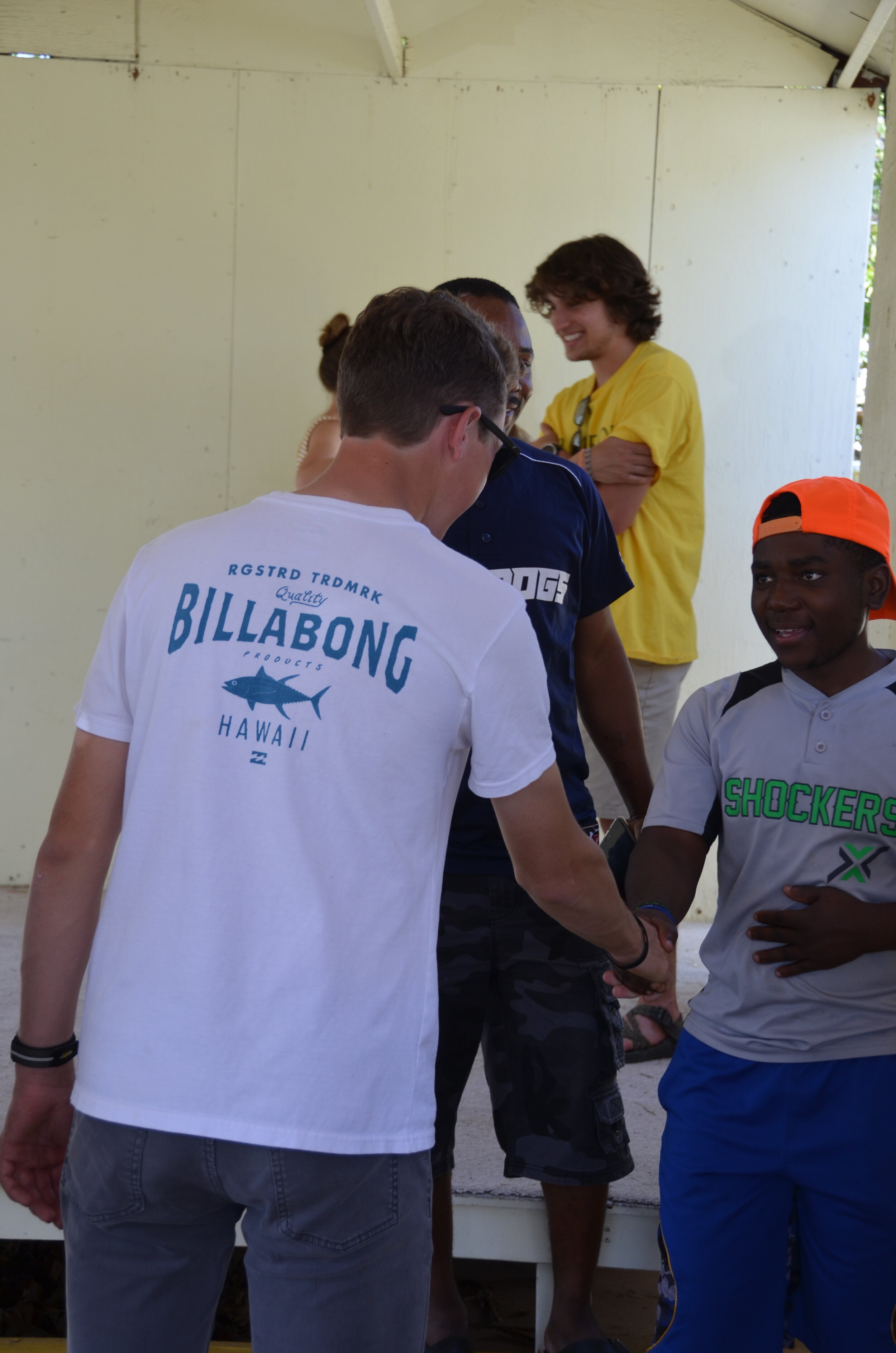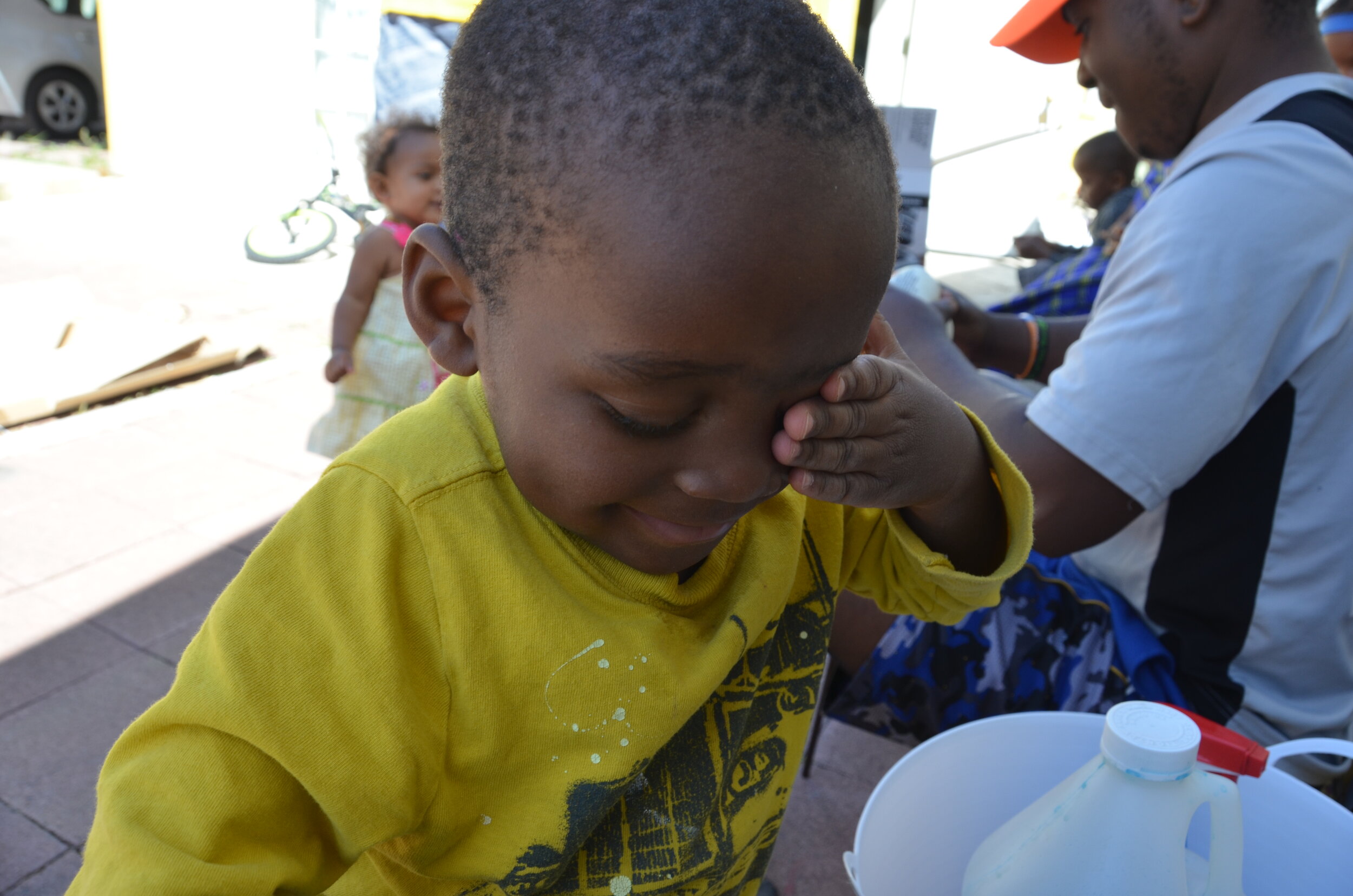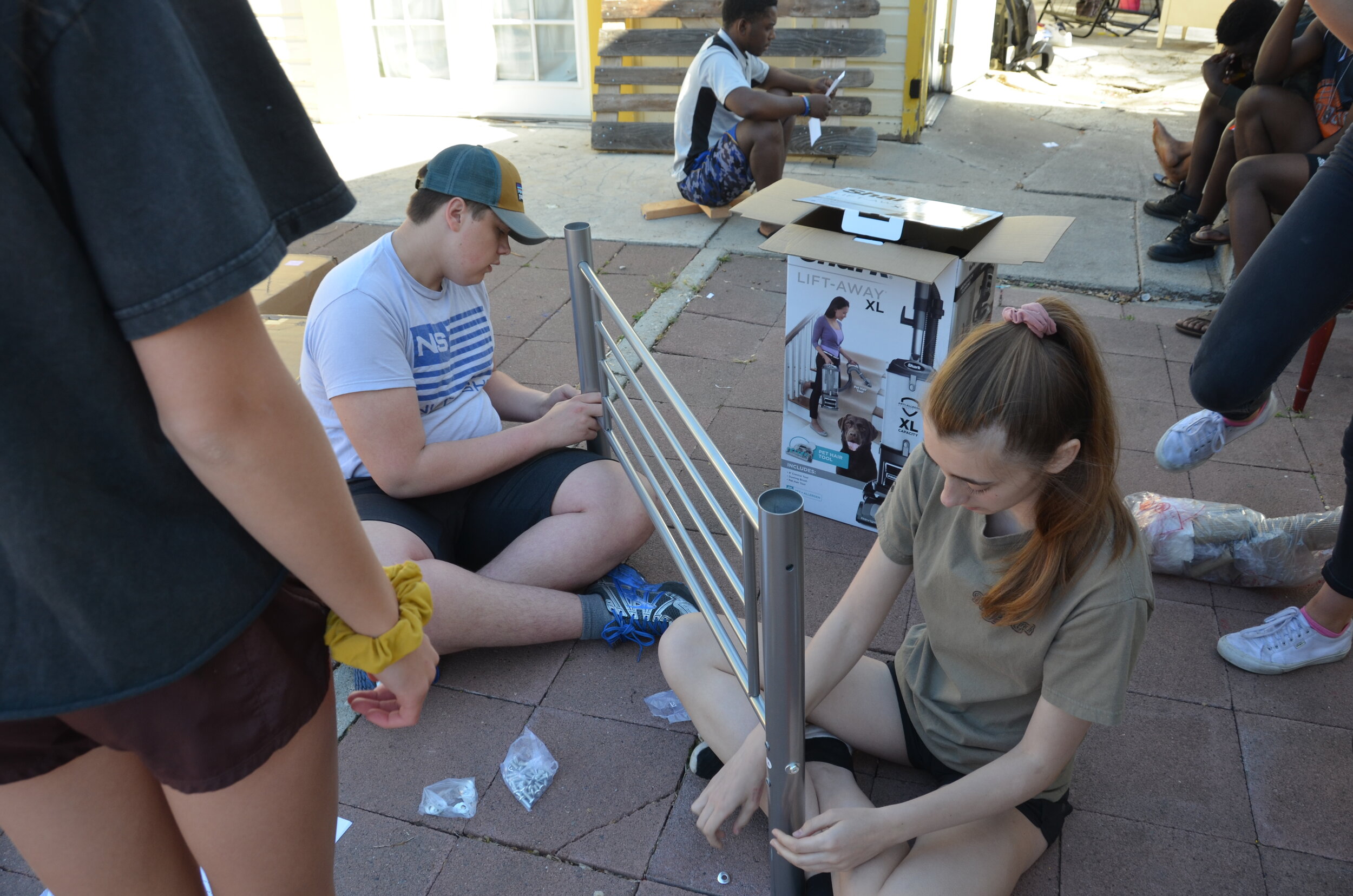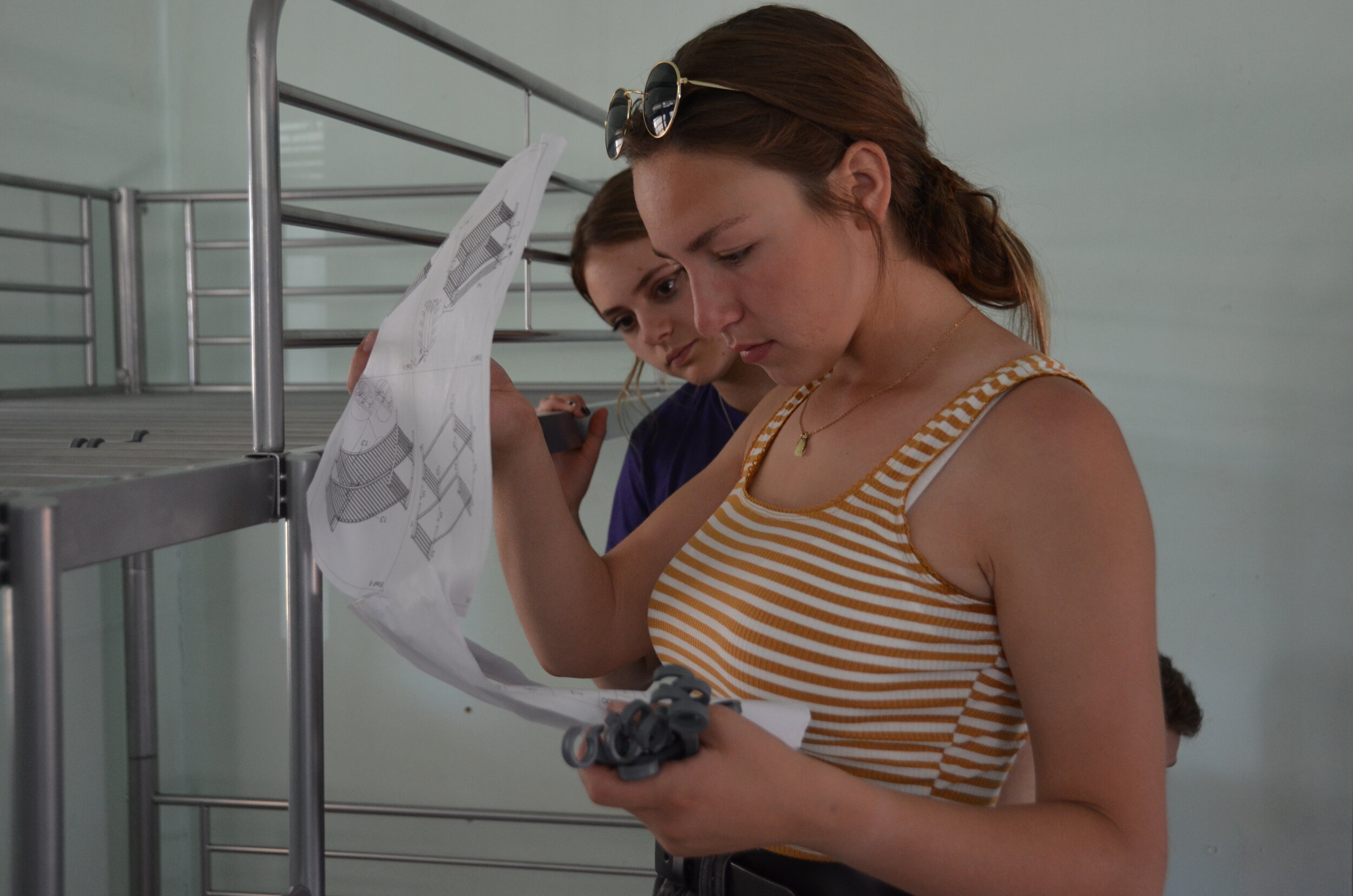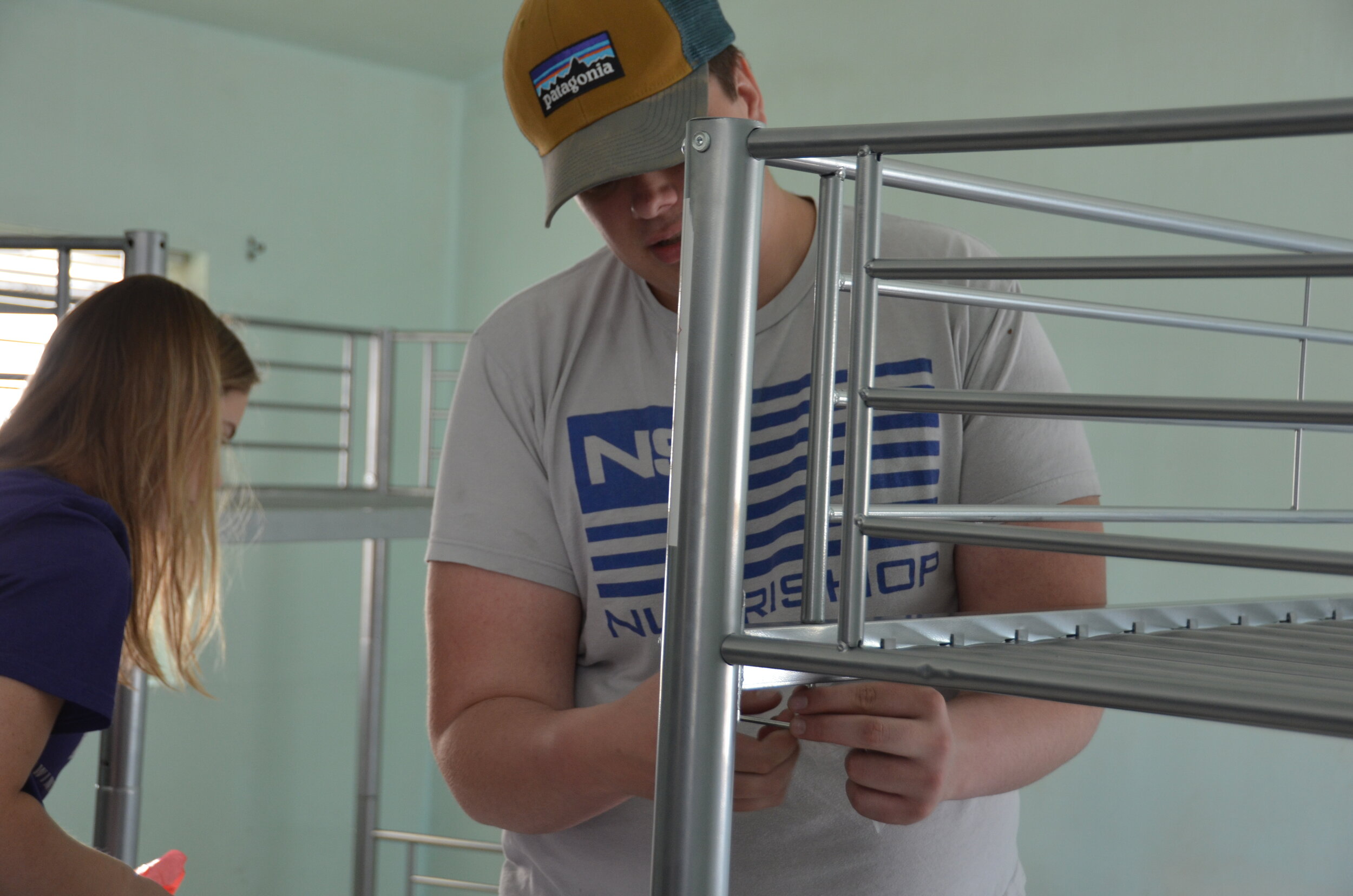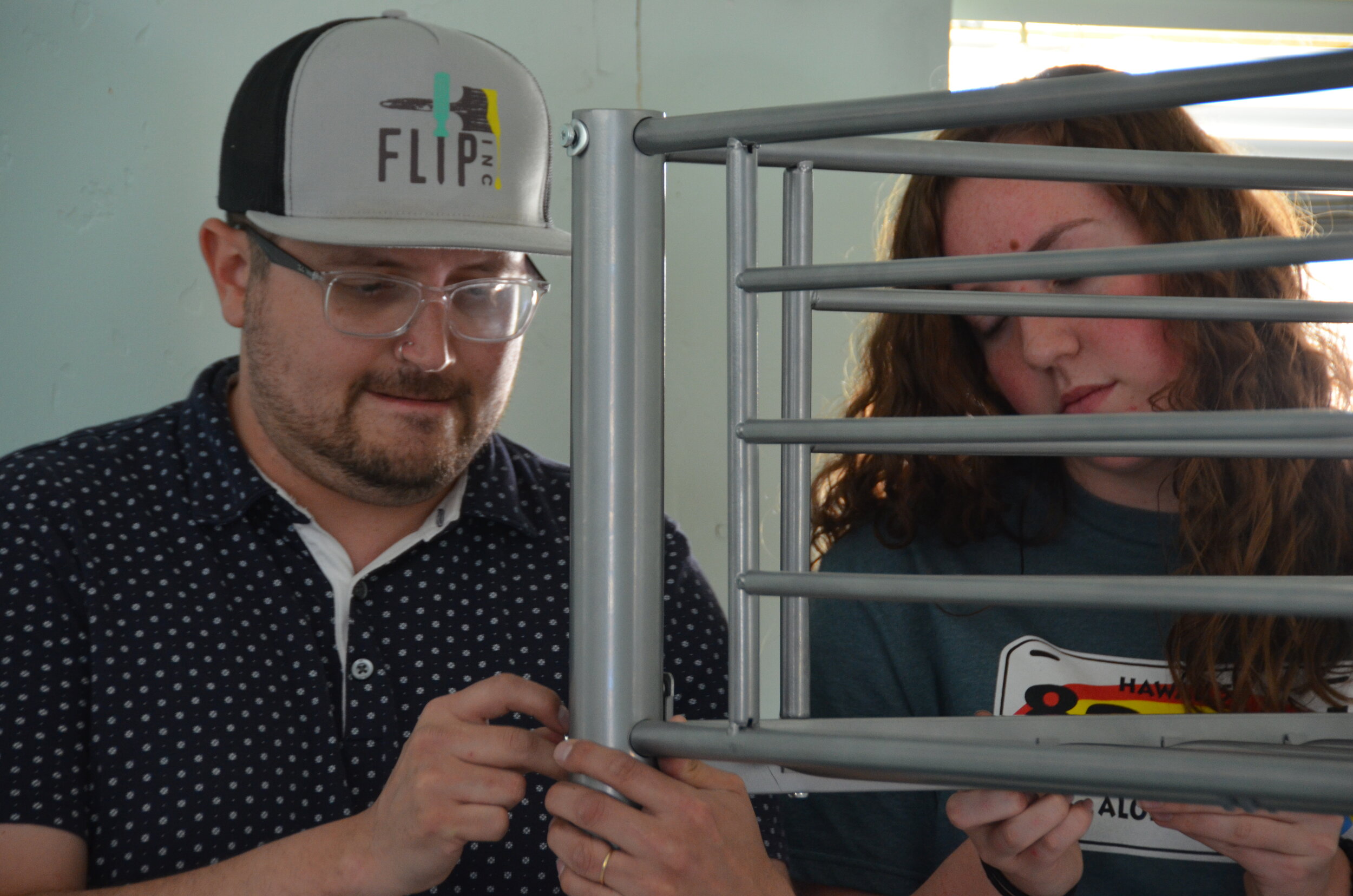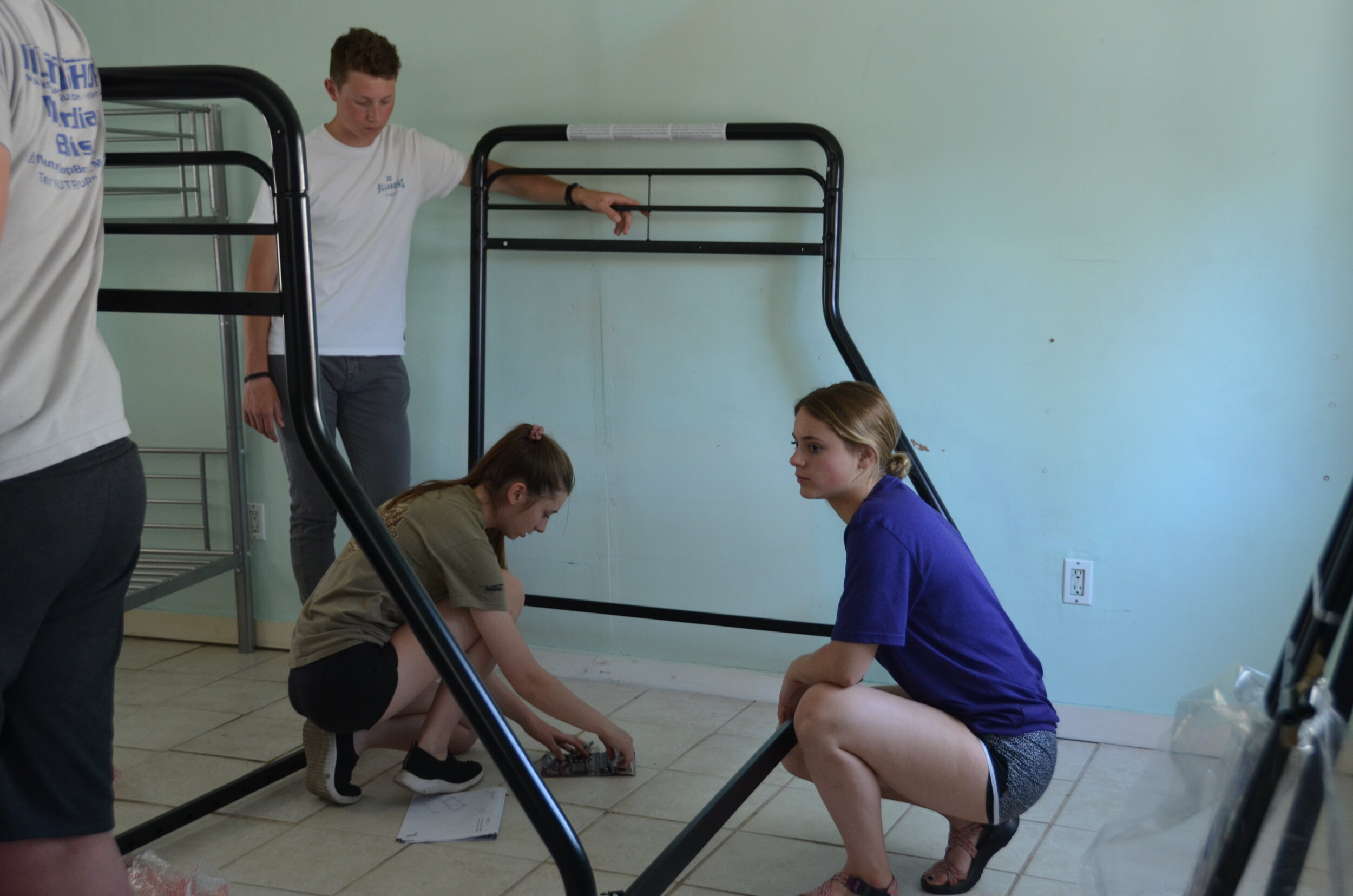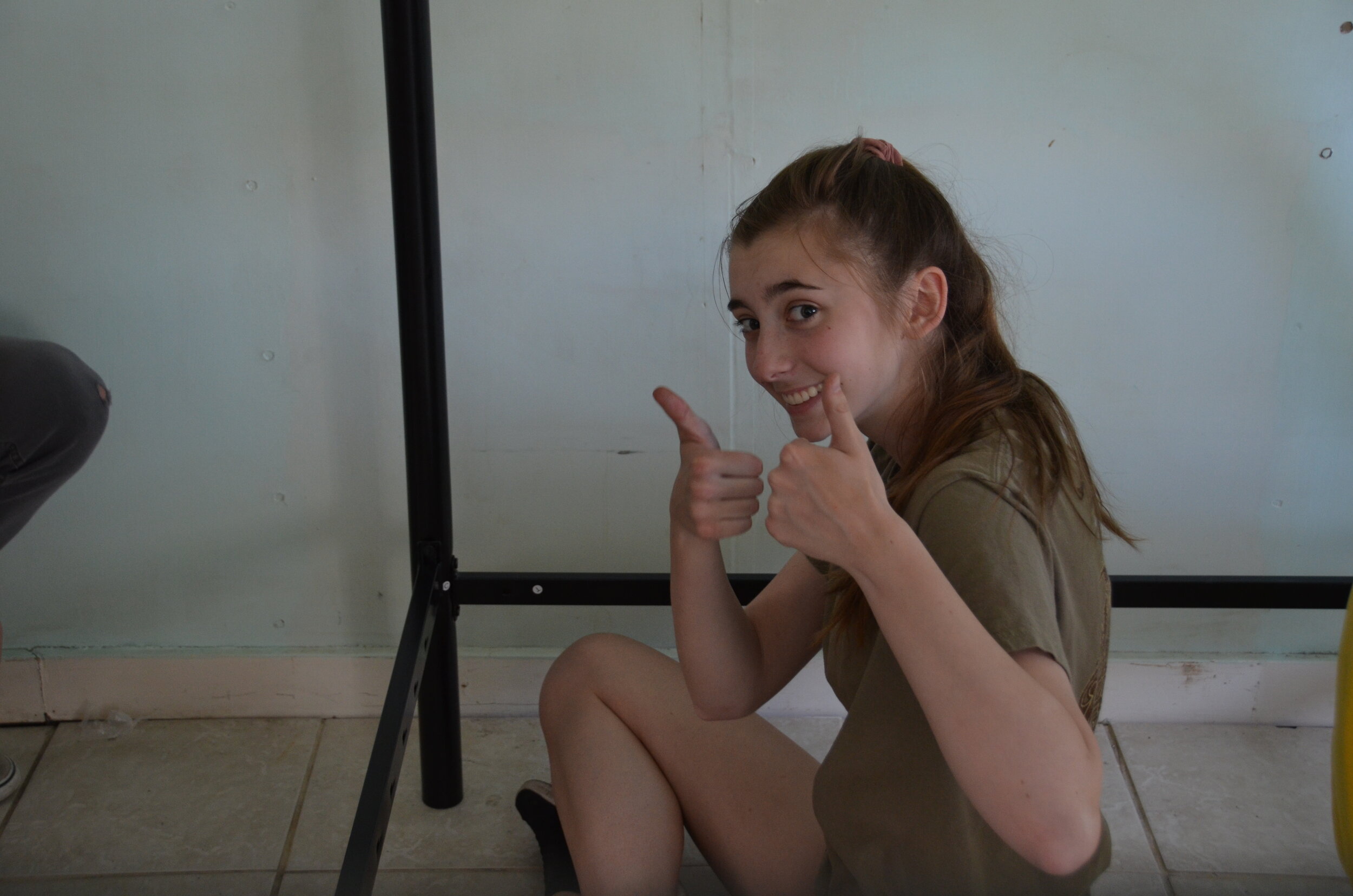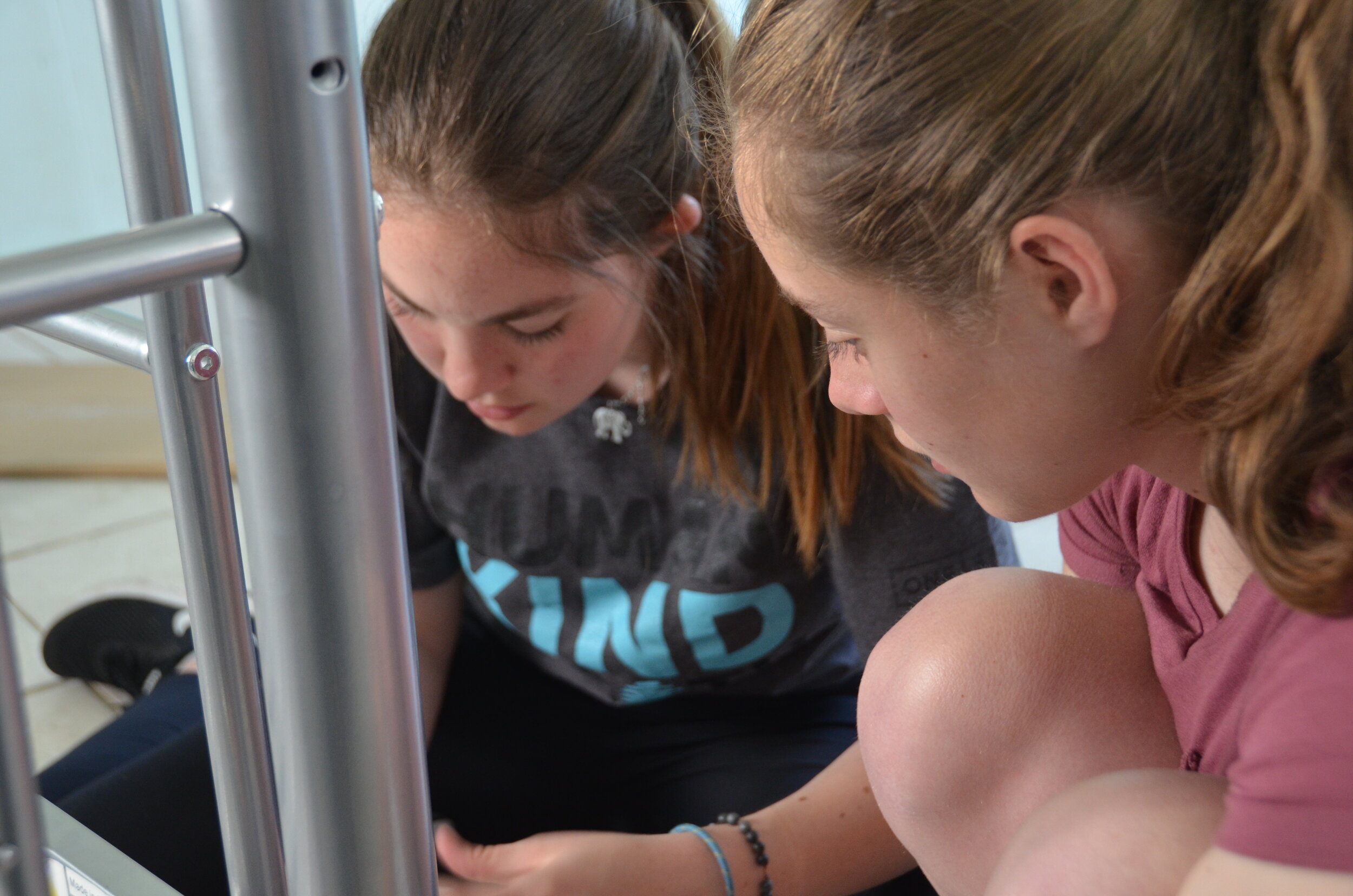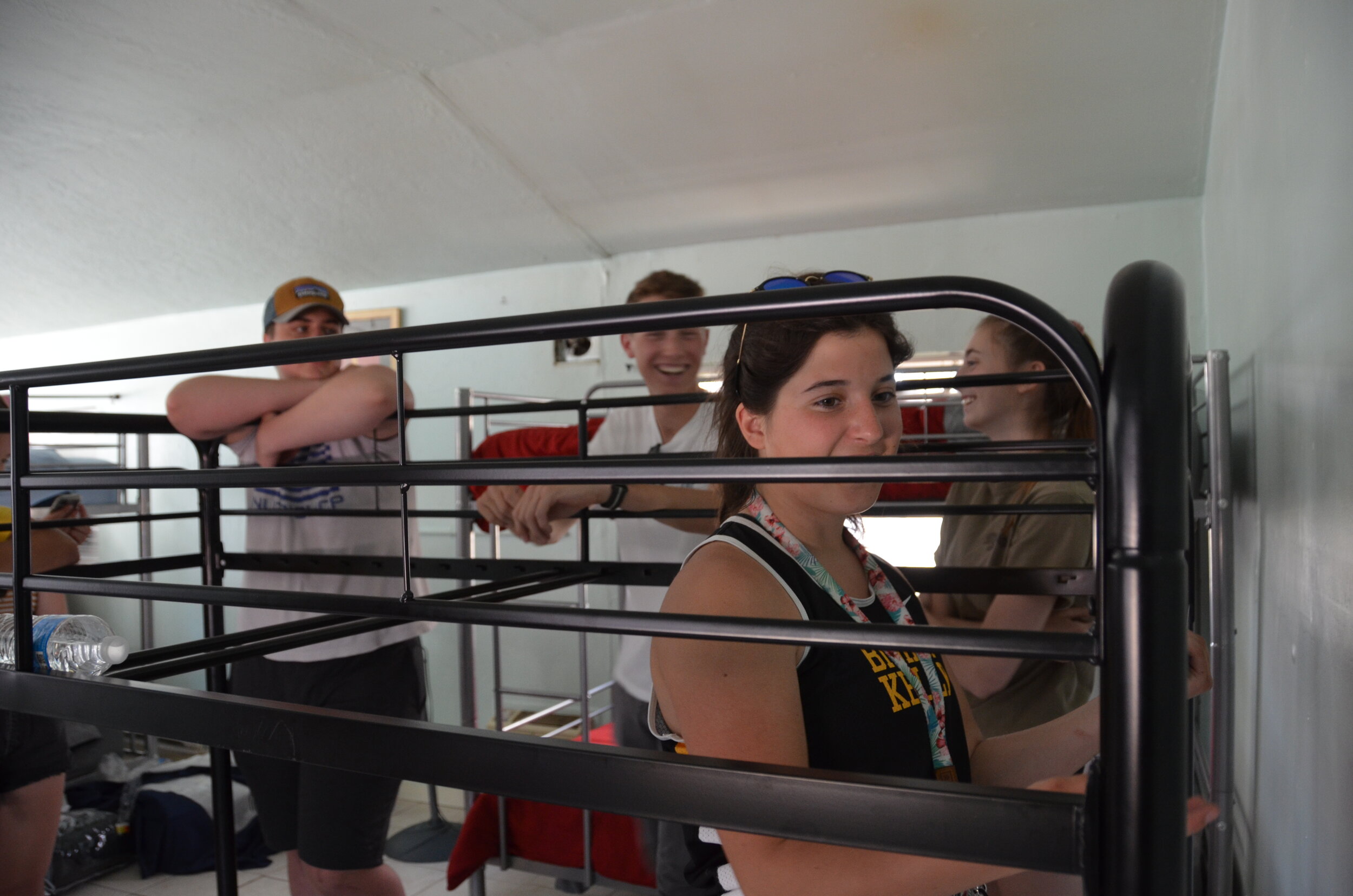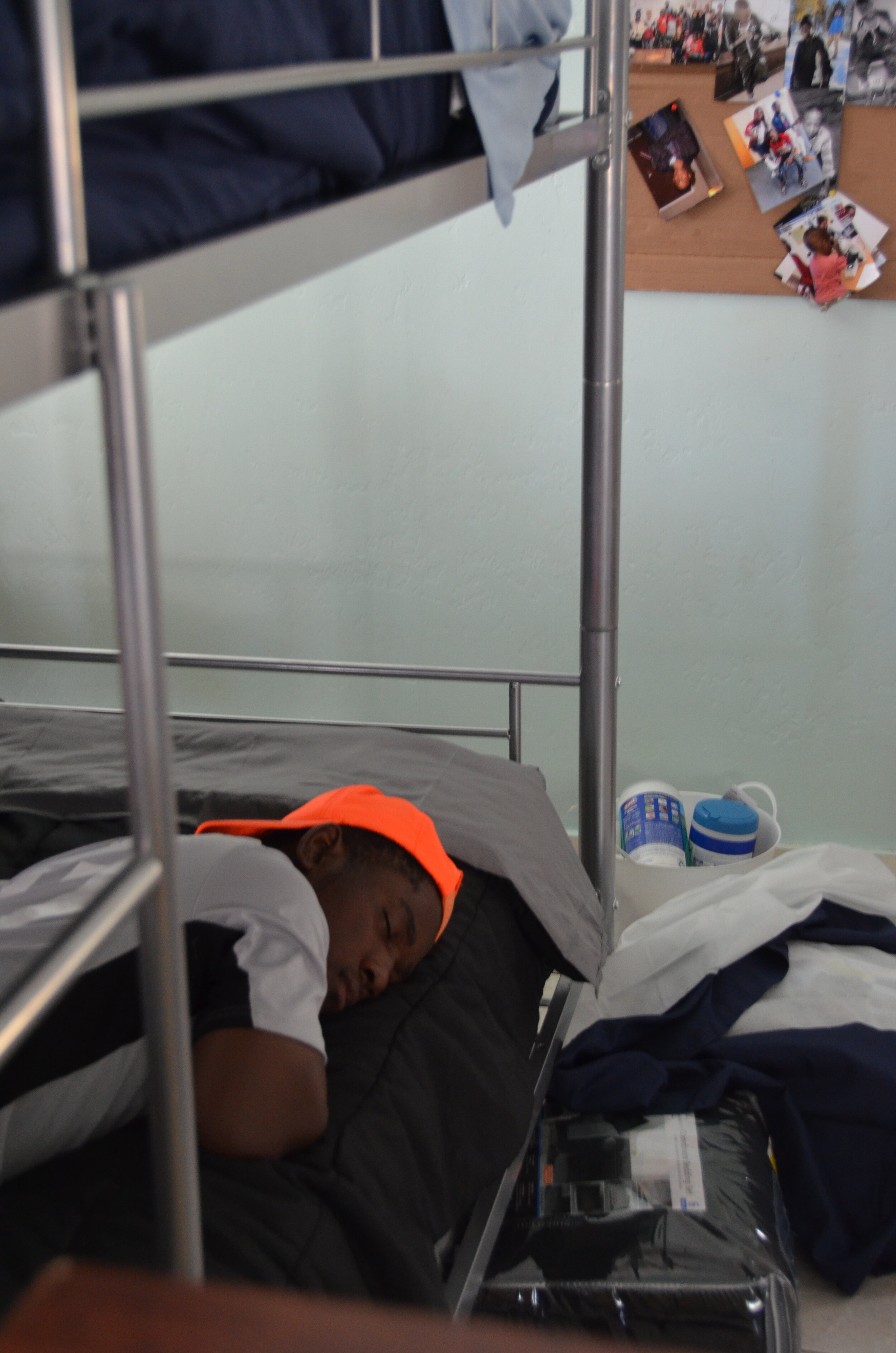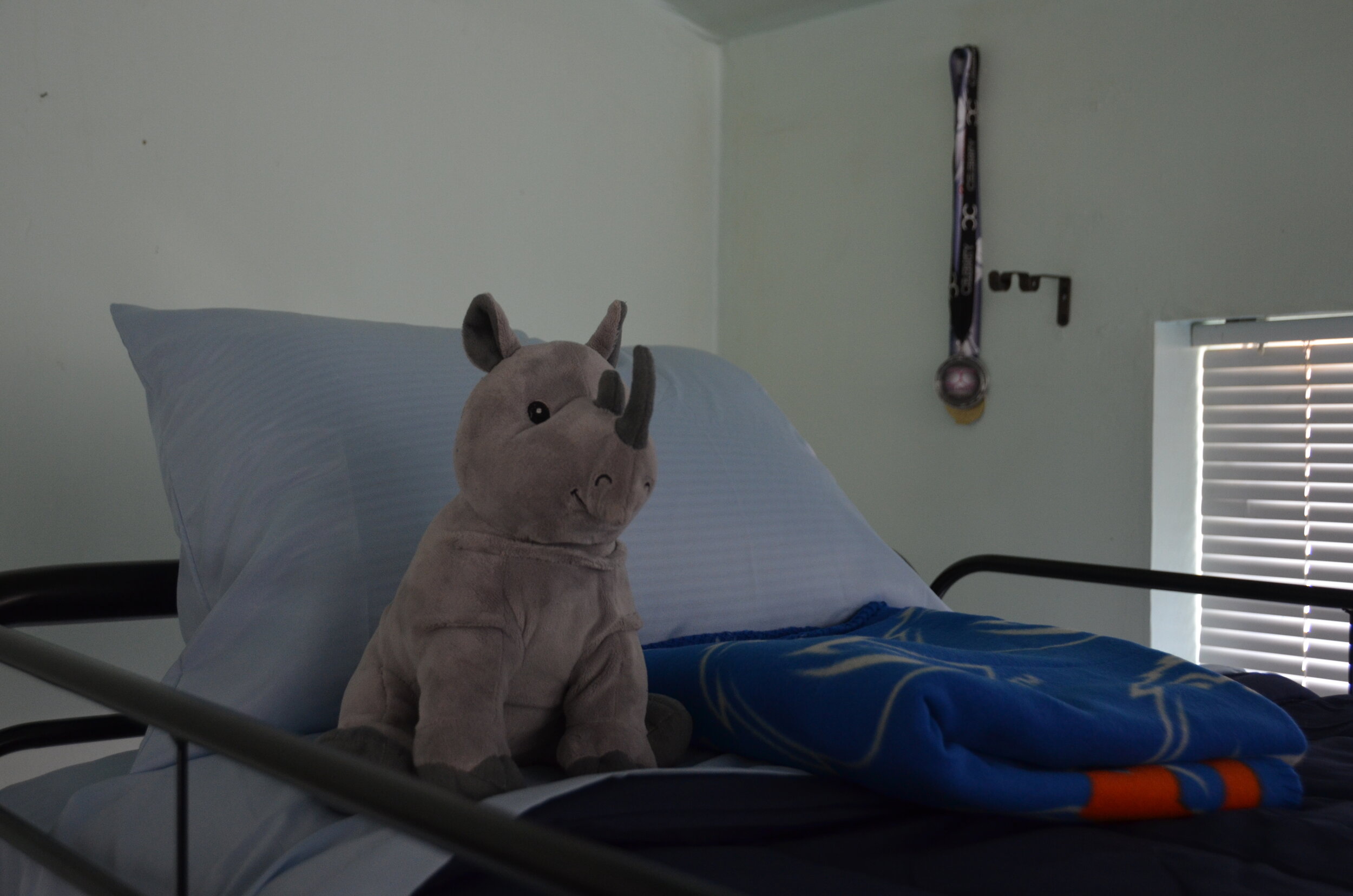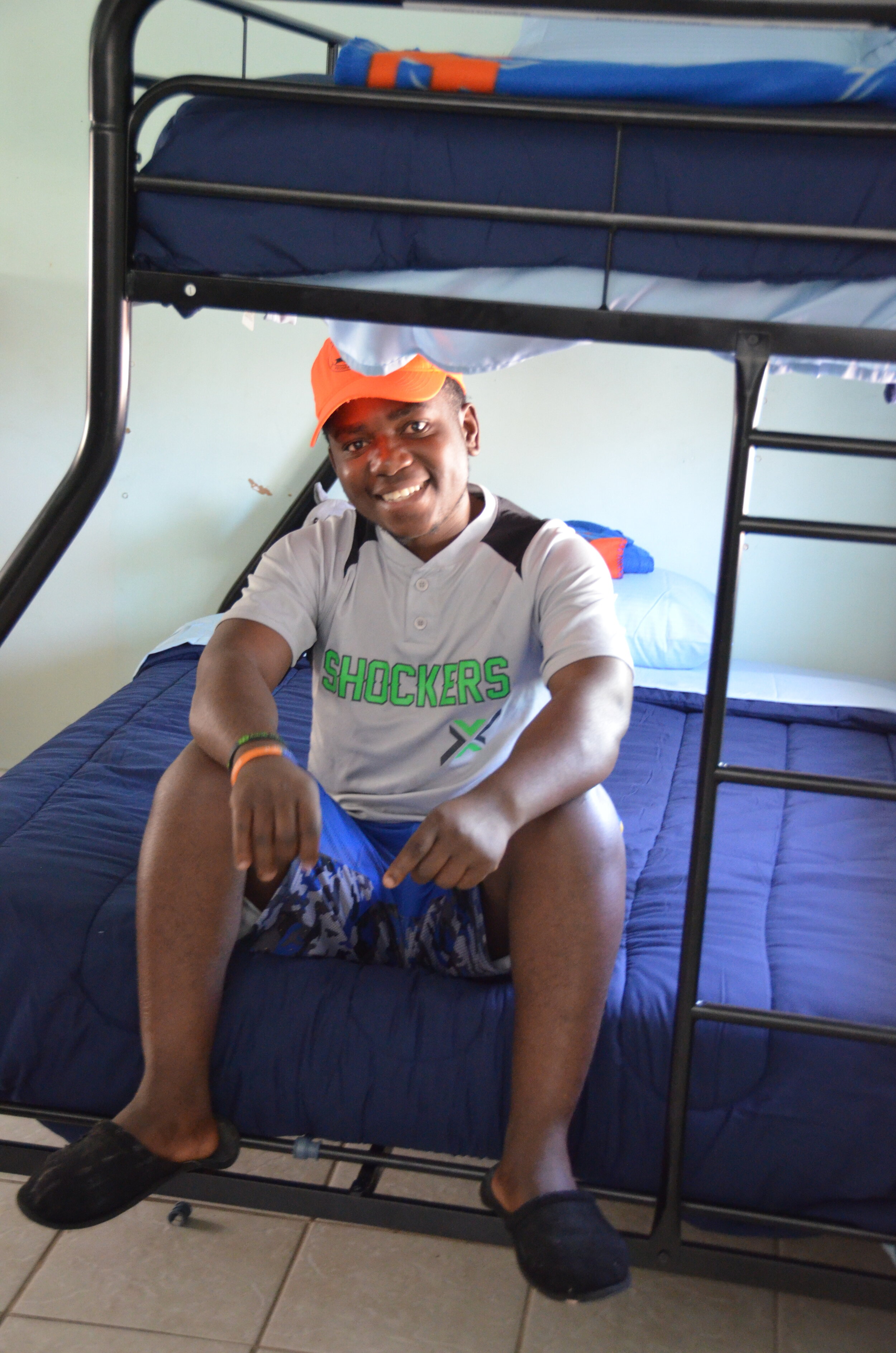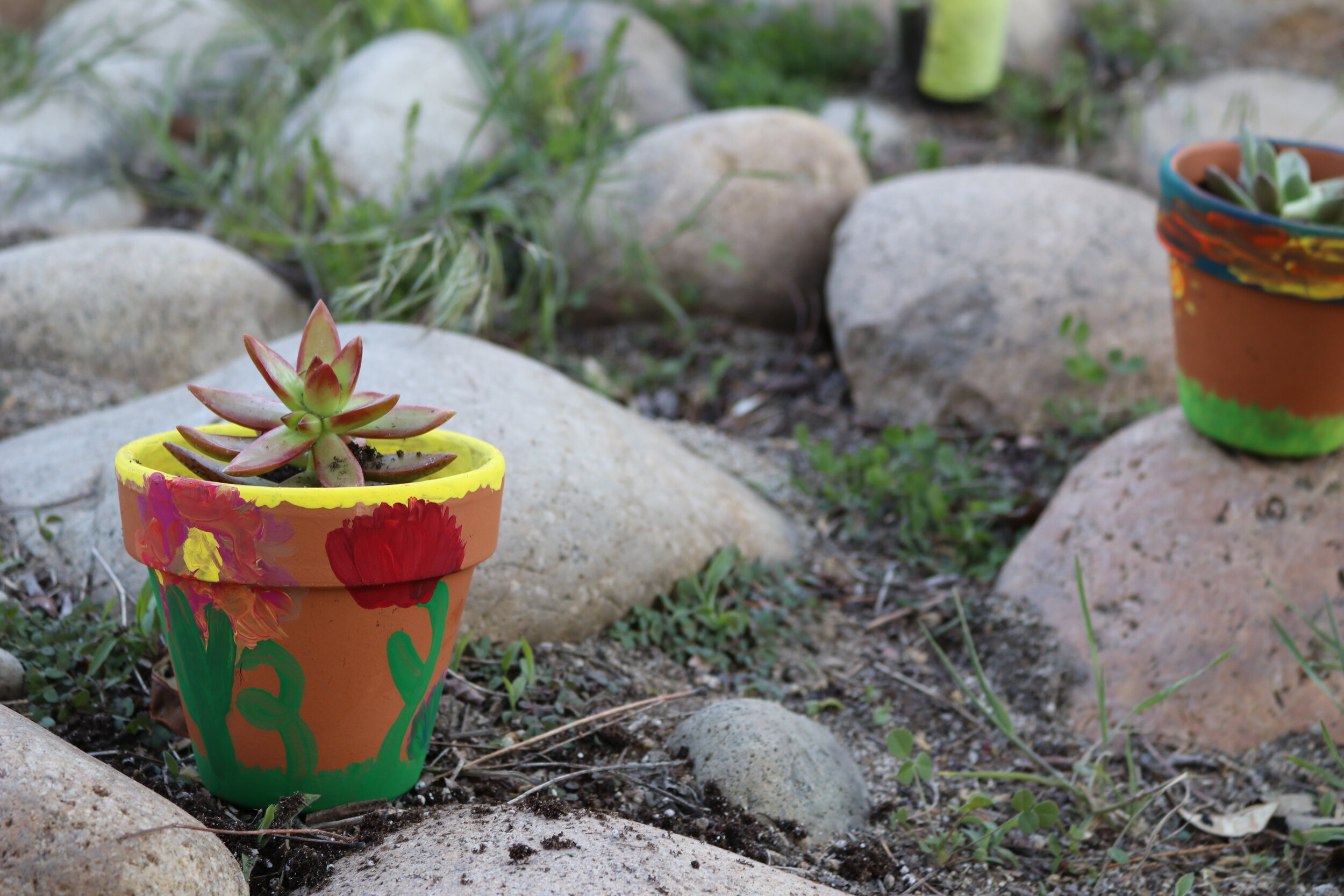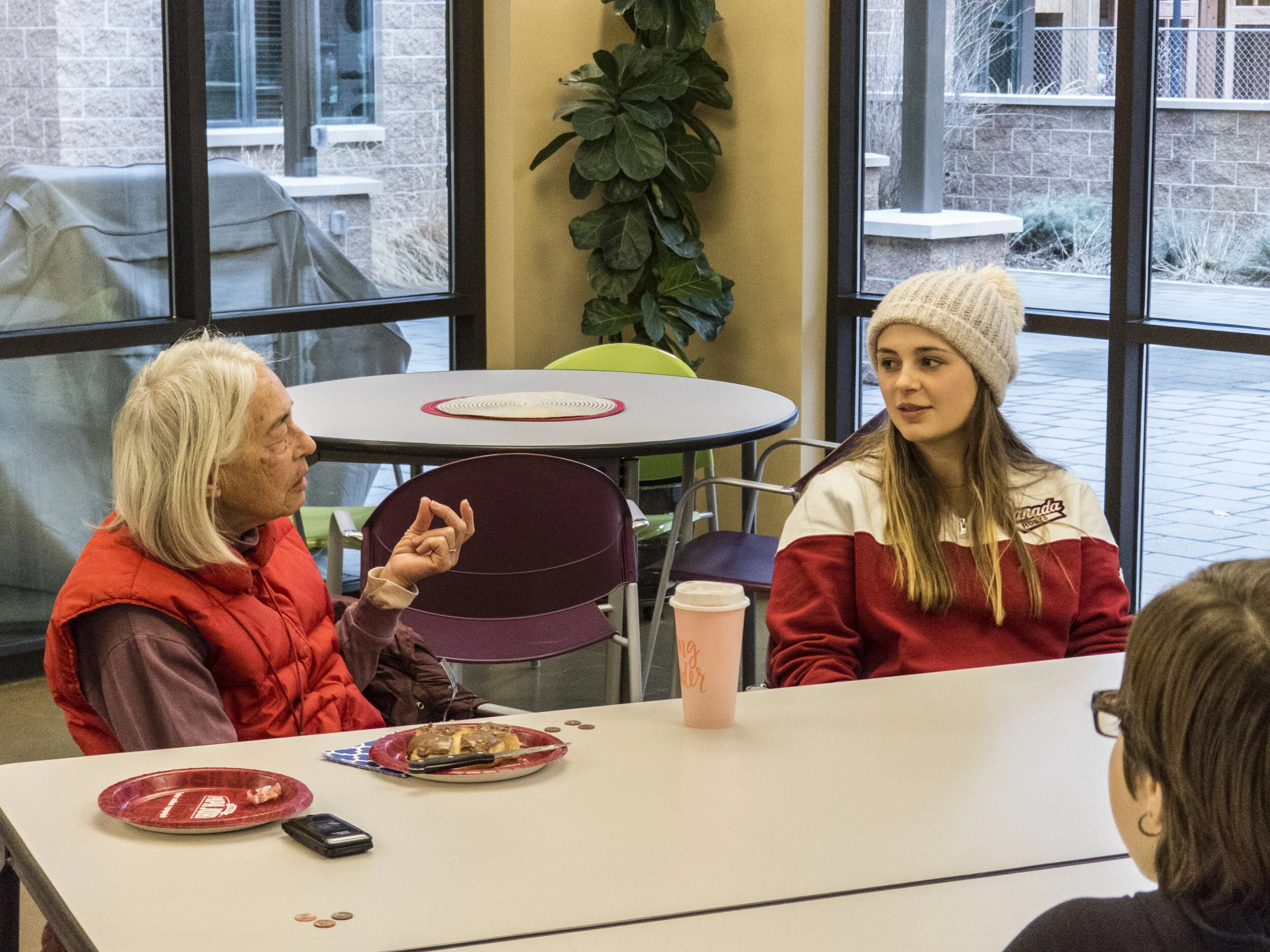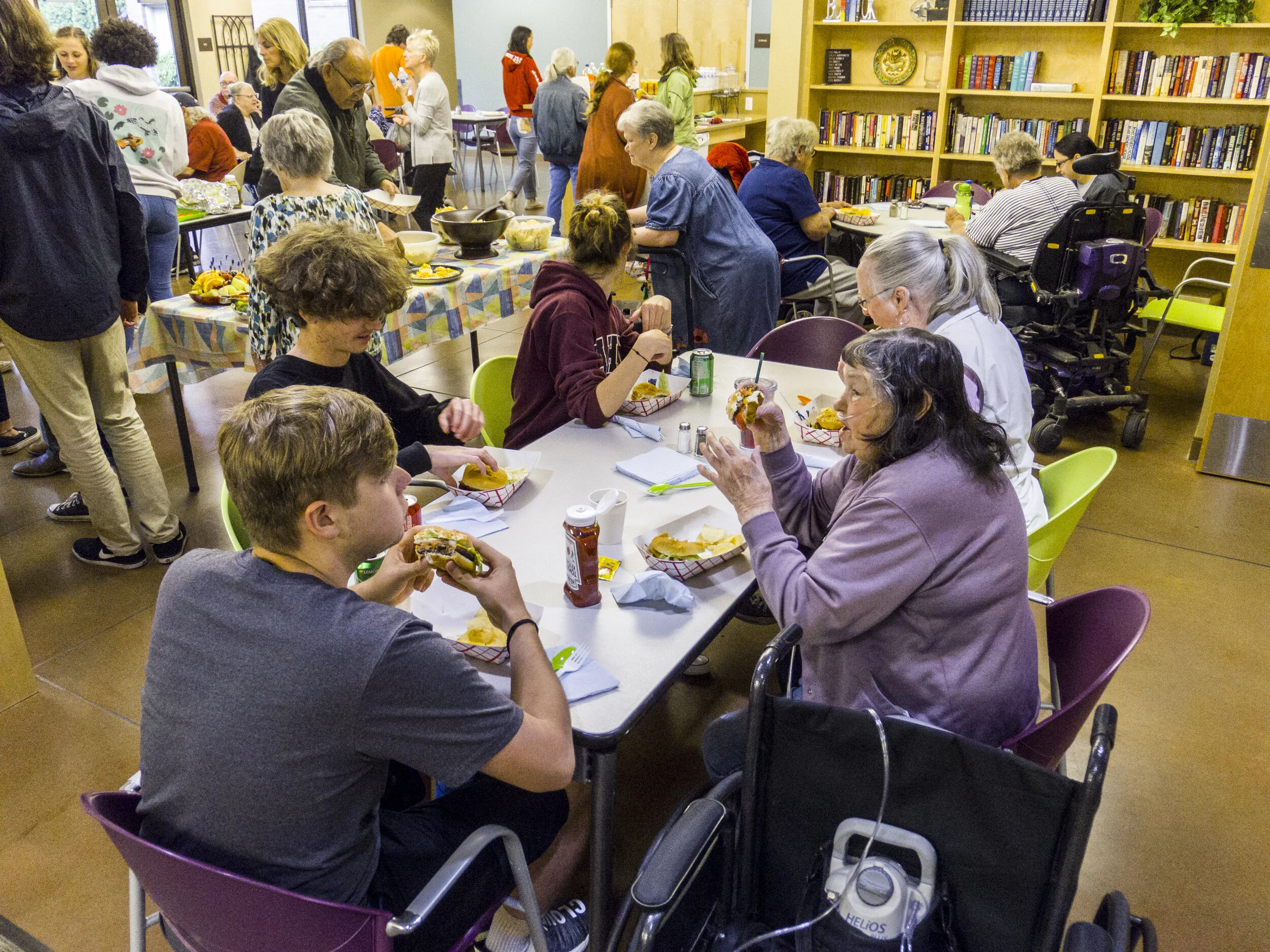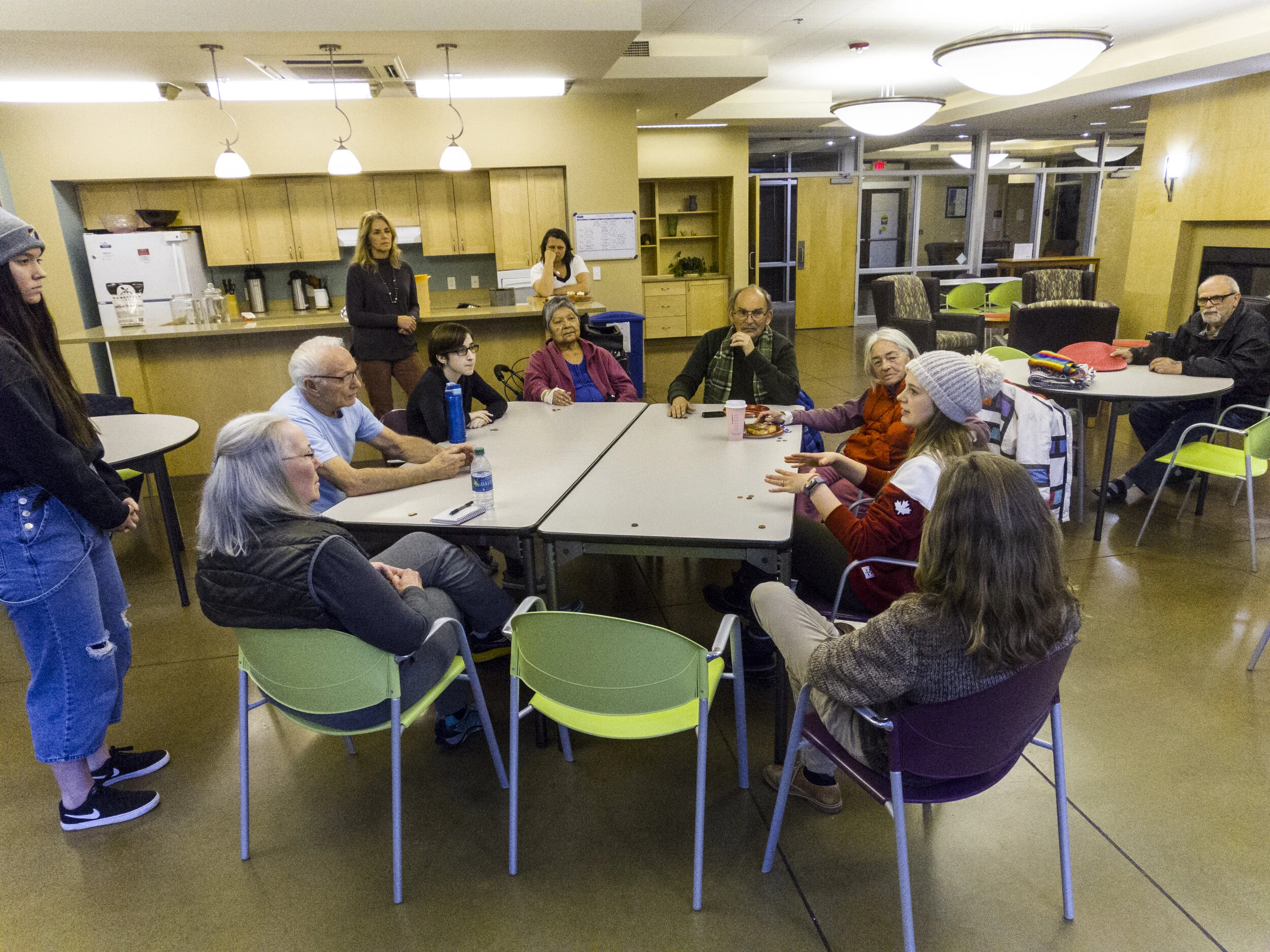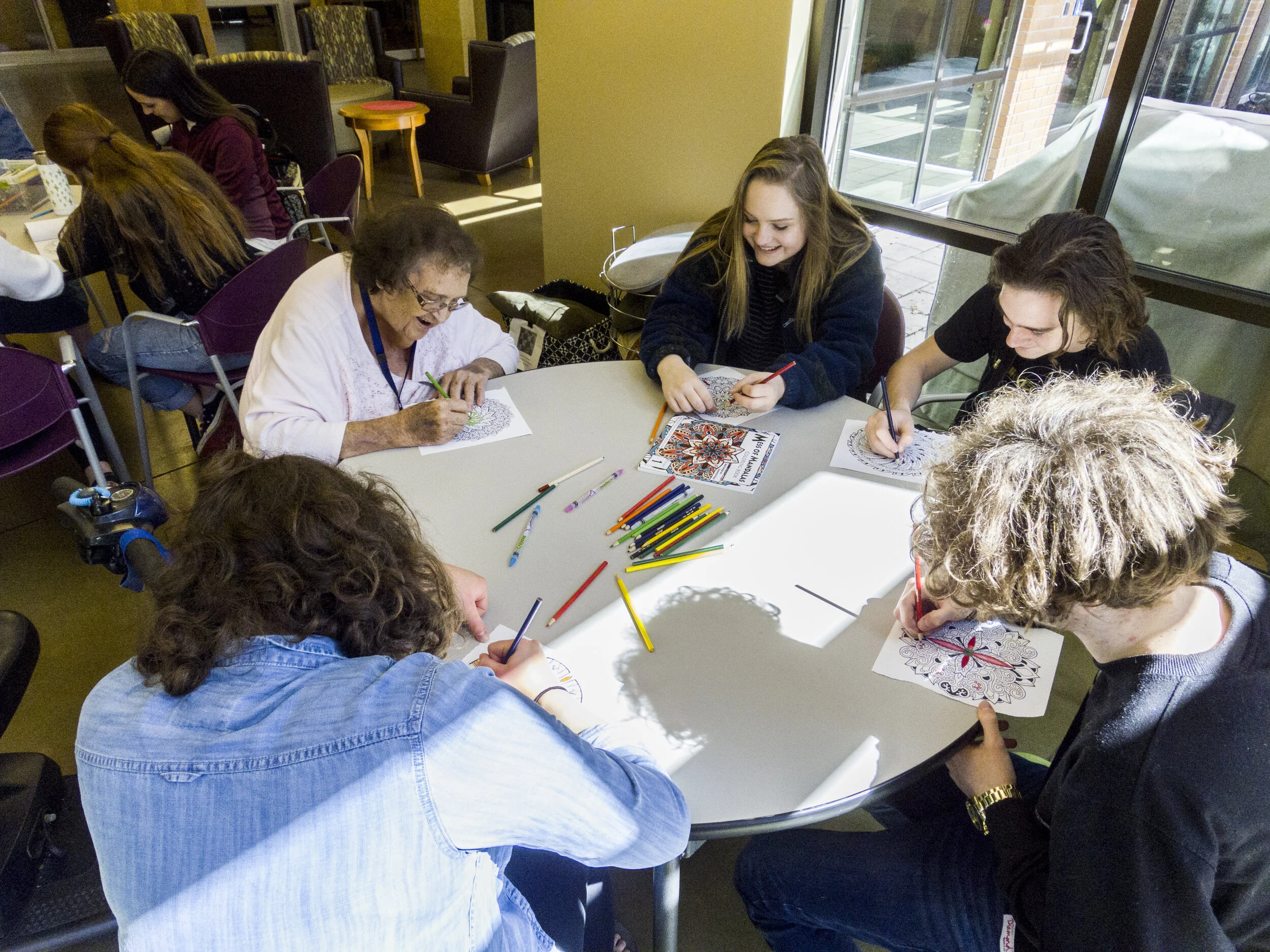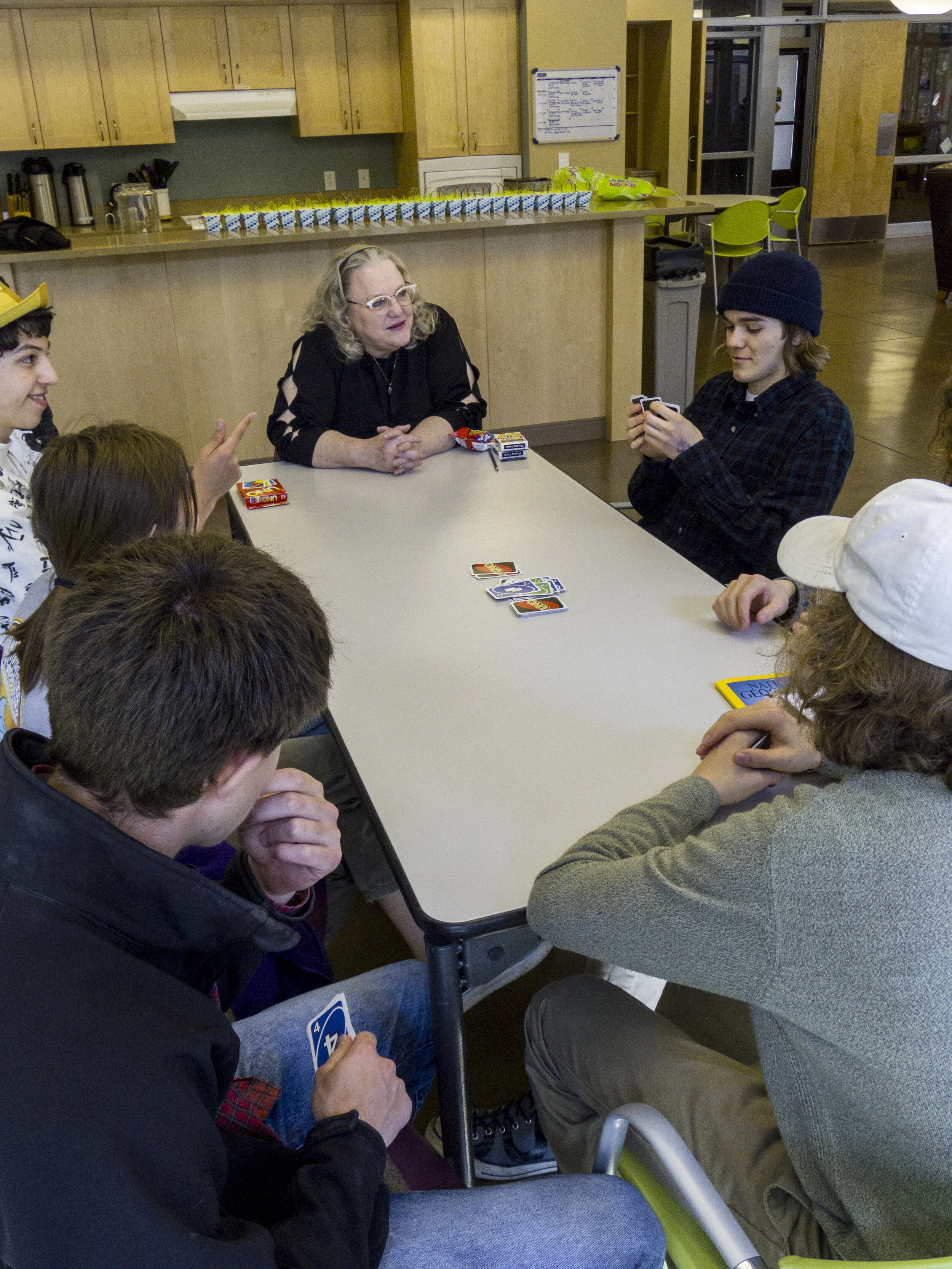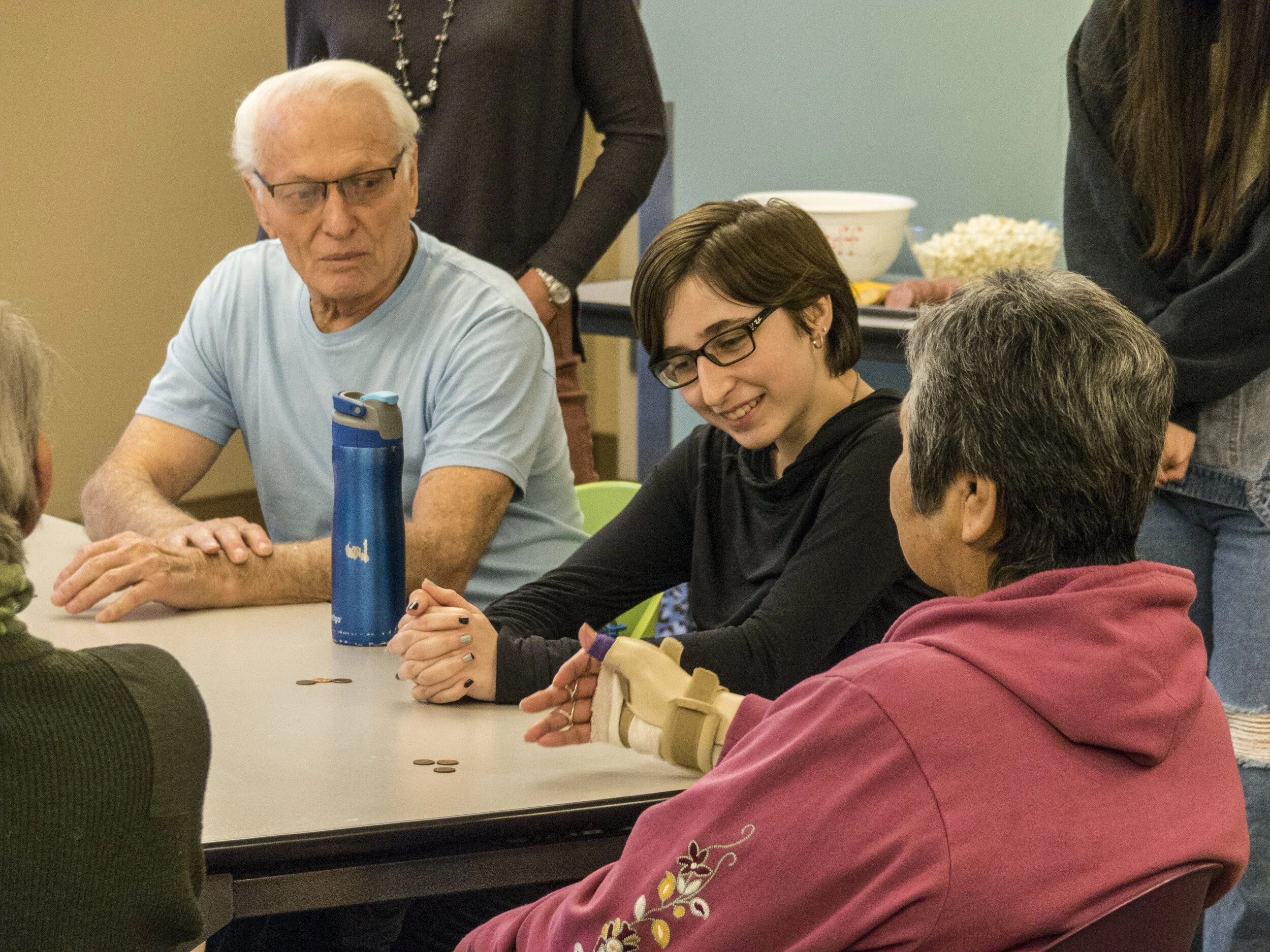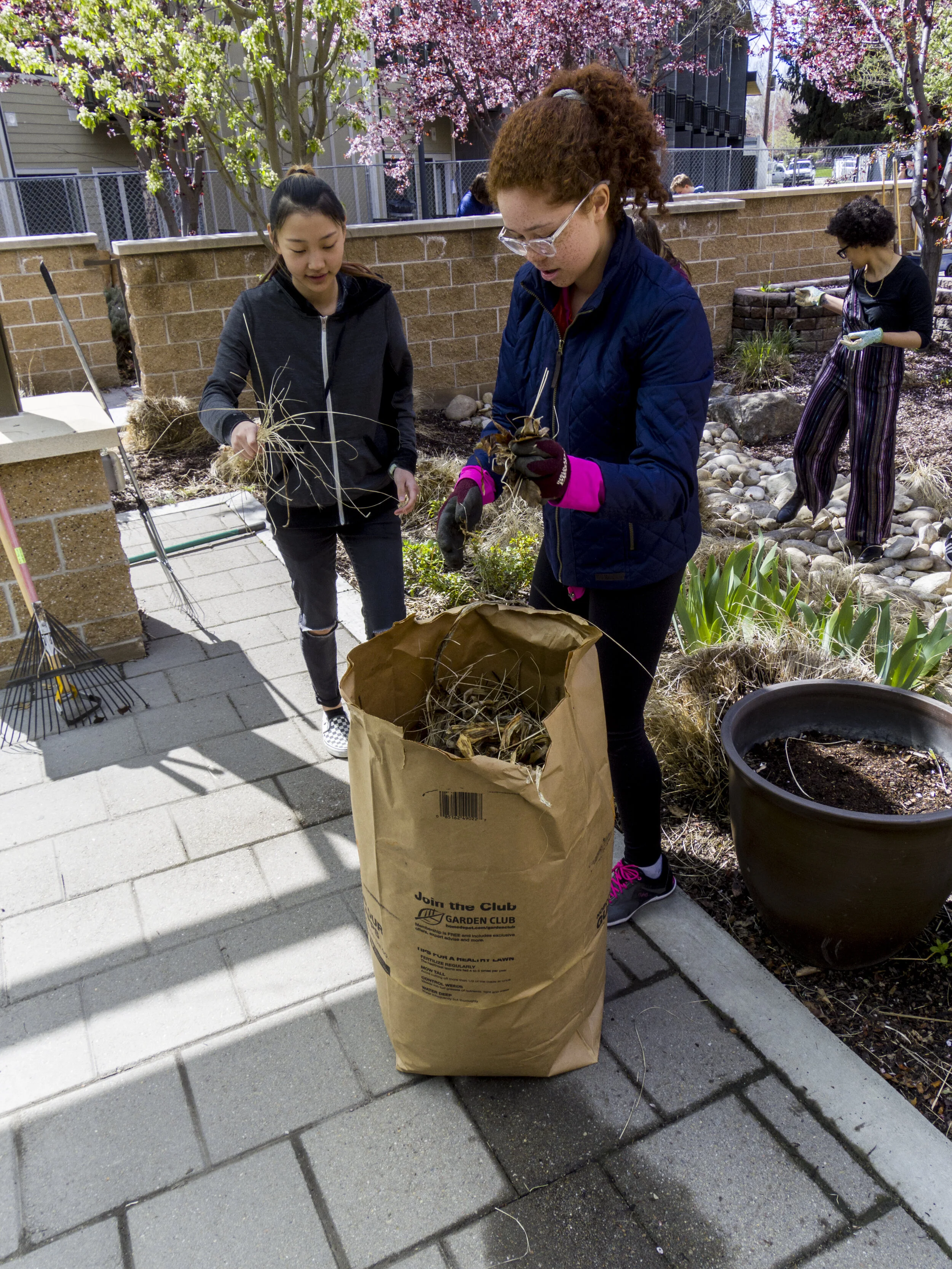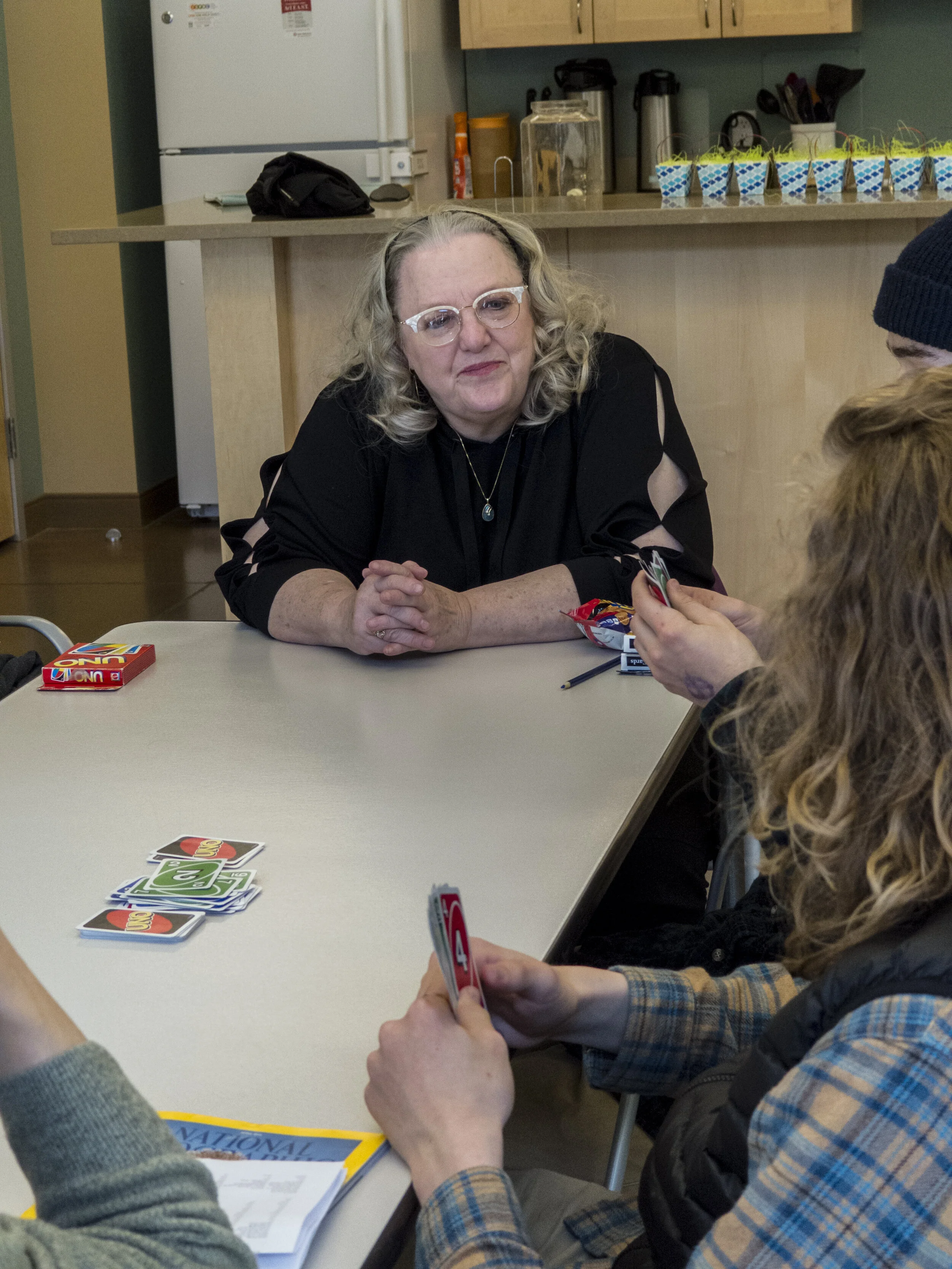How might we prepare 8-10 year-olds to practice safe habits while floating the Boise River?
One of the most popular summer traditions in Boise is floating down the city’s river on rafts, inflatable tubes, and paddleboards. Although this fun family experience can be refreshing in the hot summer sun, many floaters find themselves waist deep in problems if they don’t take the time to adequately prepare or familiarize themselves with safety rules. The Floating Fun team began their project by interviewing the chief of the Boise Fire Department’s Dive Team and learned a lot about how uneducated many floaters are on the rules of the river. People float without proper equipment, glance quickly over posted signage, do not adhere to drug and alcohol laws, litter the river with trash, forget to apply sunscreen, and more. Not knowing or ignoring general rules of safety can result in citations, getting stranded in the water, or being rescued by the Dive Team – not to mention ruin the experience for the other floaters.
Knowing that younger children who might not have experience floating the river need help learning and practicing safe habits around water, the team began to brainstorm solutions for future floaters. Inspired by The Dangerous Book for Boys by Conn and Hal Iggulden and The Daring Book for Girls by Andrea J. Buchanan and Miriam Peskoqitz, the team began compiling information and activities for a guide book of their own. This fun yet informative tool included maps and history of the Boise River and its riparian zone, a packing list, first aid tips, easy snack recipes, and activities like instructions for making a paper boat.
After the team designed and printed their booklets, they traveled to Roosevelt Elementary School to help second graders practice their water safety skills through activity stations inspired by the guidebook. Some of the biggest lessons of the day were how to properly wear a life vest and use a raft. Each student received a copy of the book to take home and share with their families before the floating season officially opened.
The remaining books were distributed to Ivywild Pool swim instructors as well as the St. Michael’s Episcopal Cathedral book nook and Baby Steps program. Everyone who received books to distribute expressed their gratitude for having such an easy to understand and fun resource for younger kids regarding water safety.
Outcomes:
100 “Rules of the River” guide books were distributed to local children
30 second graders participated in hands-on water safety training
Reflection from a planning team member:
“The majority of this planning team was composed of competitive swimmers and lovers of nature, which set us up well to focus on our passion of how to be safe in the water. Our team noticed that being on the water is an integral part of Boise’s culture, yet it is uncommon to discuss how to engage with the water safely. By discussing this issue with lifeguards, police officers, river patrollers, and parents of young children, we really got to empathize with the players involved and understand where we could make a difference. I’m happy to say implementation day was a huge success! It was really rewarding to see the kids learn and retain the information from the activities and our custom book.” - Sophie Burchfield, One Stone member



























